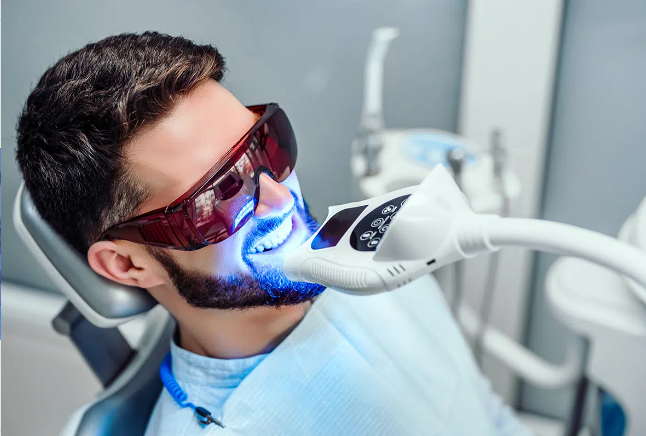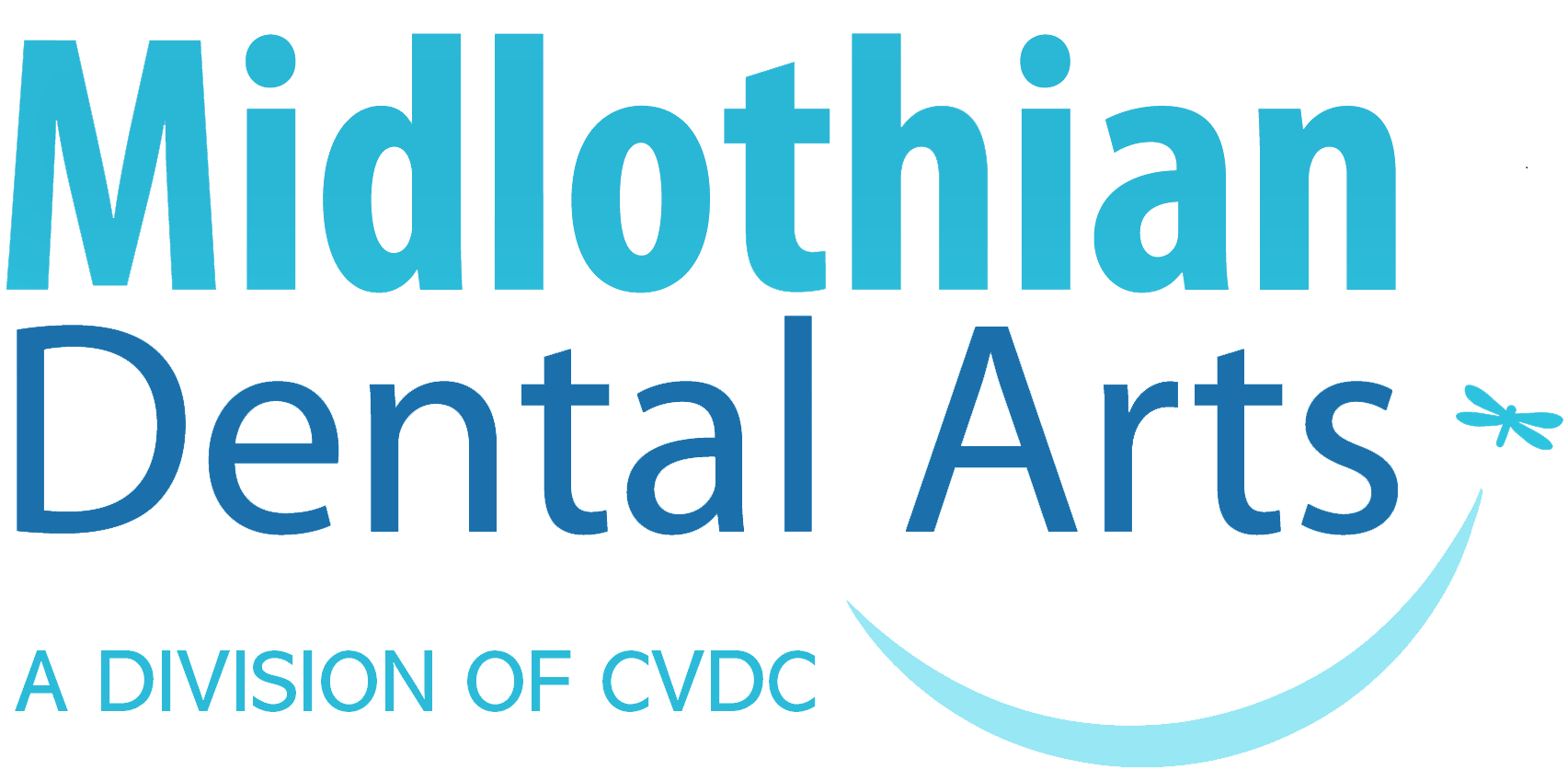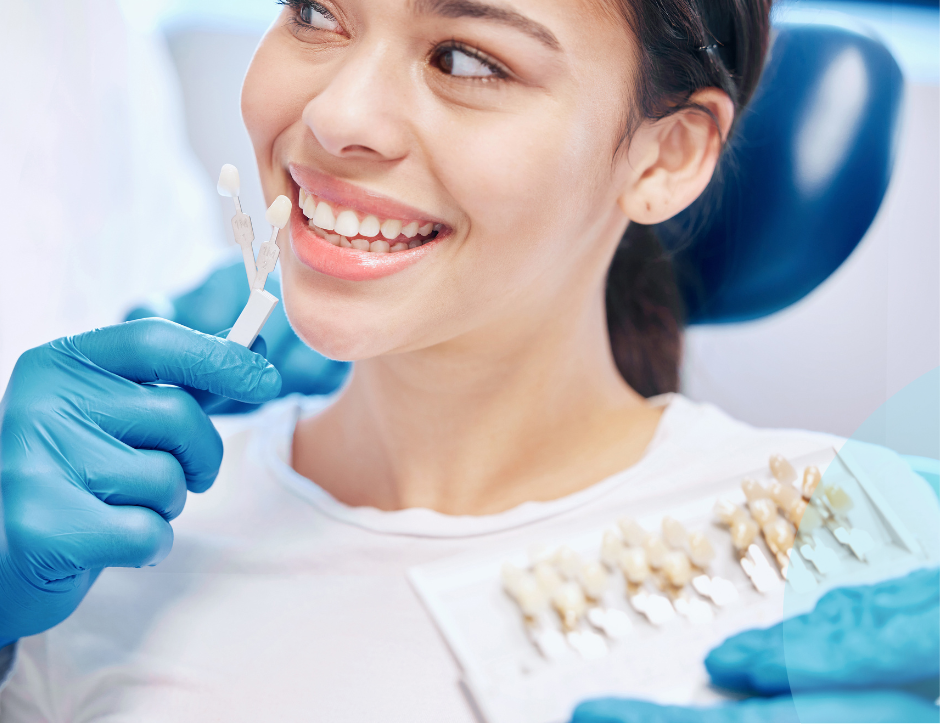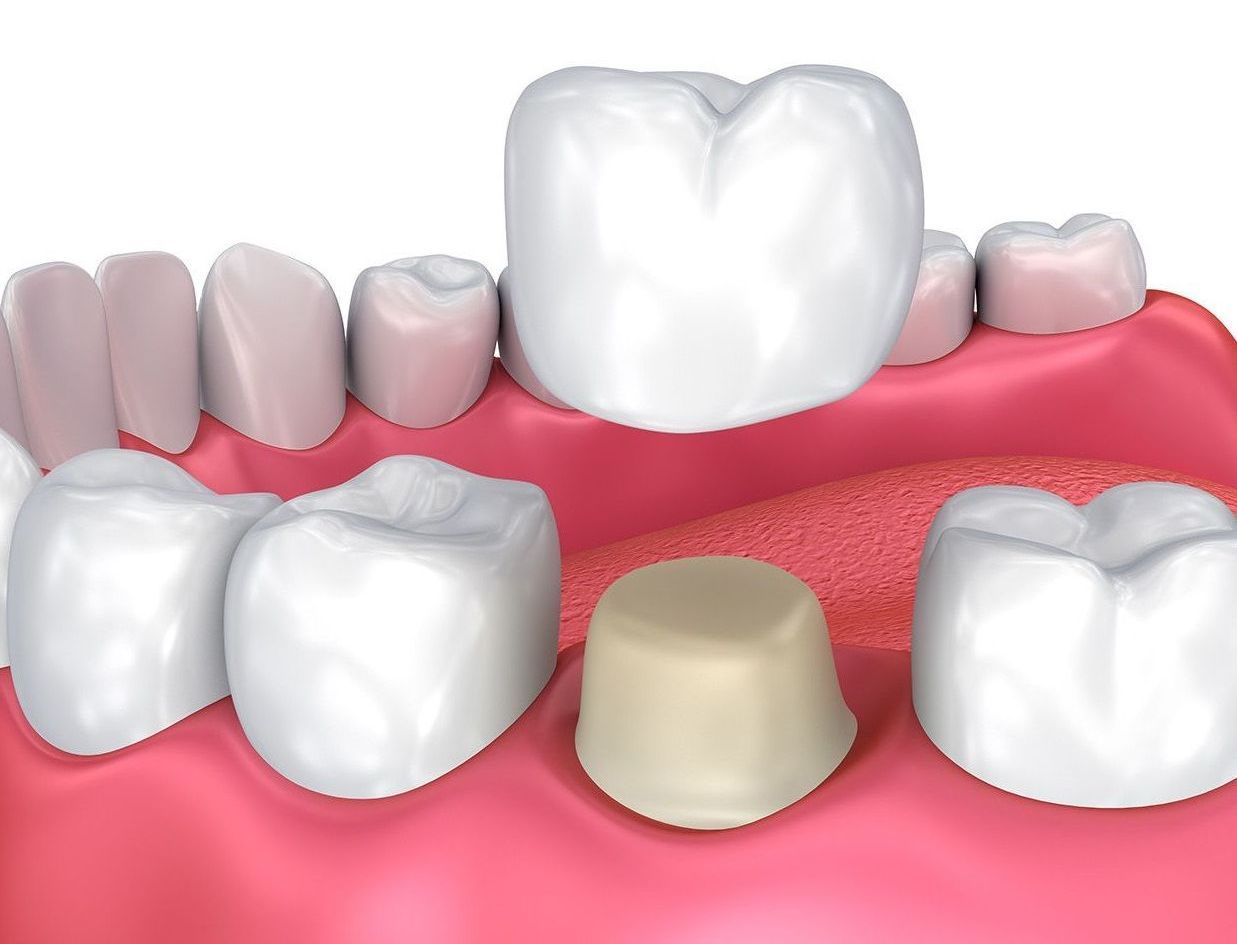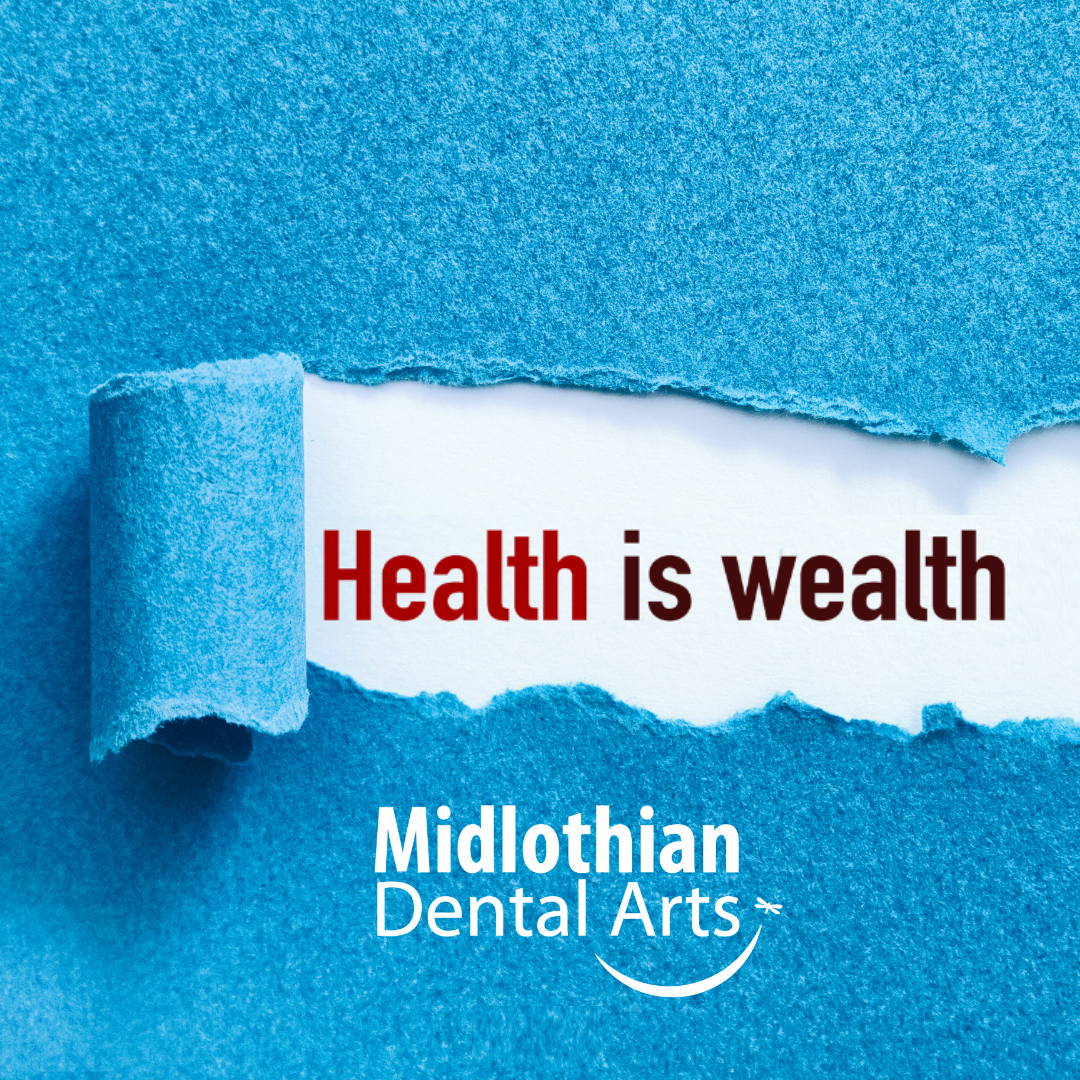Oral Health: A Path to a Healthy Smile and Overall Well-being
Proper Oral Care Plays a Vital Role in our Overall Well-being
As we navigate through the various stages of life, it becomes increasingly crucial to prioritize our health and well-being. While many of us focus on maintaining a balanced diet and engaging in regular exercise, one aspect that often gets overlooked is oral health. Proper oral care plays a vital role in our overall well-being, especially as we age. In this blog post, we will explore the importance of oral health, its impact on our daily lives, and practical steps to ensure a healthy smile.
The Connection Between Oral Health and General Health
Oral health is not just about having a dazzling smile; it is an integral part of our overall health. Research has shown that poor oral hygiene is linked to various health conditions, including cardiovascular disease, diabetes, and respiratory infections. Neglecting oral health can lead to the buildup of plaque and bacteria, which can enter the bloodstream and affect other organs in the body. By taking care of our teeth and gums, we can reduce the risk of these systemic health issues and improve our quality of life.
Maintaining Strong Teeth and Gums
As we age, our teeth and gums become more susceptible to decay and disease. Tooth loss, gum recession, and dry mouth are common dental issues that can arise. However, with proper oral care, we can minimize these risks and maintain a healthy smile.
Regular dental check-ups are essential, as they allow dental professionals to detect any early signs of dental problems. They can provide preventive treatments such as professional cleanings and digital xrays to carefully and accurately assess your oral health and even provide dental sealants for individuals at higher risk of decay. Additionally, they can address any existing oral health issues promptly, preventing further complications.
Incorporating Effective Oral Care Practices
To achieve optimal oral health, it is essential to establish a daily oral care routine. Brushing your teeth at least twice a day using fluoride toothpaste and a soft-bristle toothbrush helps remove plaque and food particles, preventing tooth decay and gum disease. Don't forget to replace your toothbrush every three to four months or sooner if the bristles become frayed.
Flossing should also be an integral part of your oral care routine. It helps remove plaque and debris from areas that a toothbrush cannot reach, such as between the teeth and along the gumline. Consider using an interdental cleaner or water flosser if traditional flossing is challenging. It's recommended to floss before brushing for optimal results.
Maintaining a healthy diet is also crucial for oral health. Limit sugary and acidic foods and beverages, as they can contribute to tooth decay. Instead, opt for a balanced diet rich in fruits, vegetables, whole grains, and lean proteins. Drinking plenty of water throughout the day helps wash away food particles and keeps your mouth hydrated.
Conclusion
While caring for our oral health is important at any age, it is paramount to prioritize our oral health alongside other aspects of our well-being as we get older. By taking care of our teeth and gums, we not only ensure a healthy smile but also reduce the risk of systemic health issues. Regular dental check-ups, effective oral care practices, and a balanced diet are all key components of maintaining optimal oral health. Let us embrace the importance of oral care and commit to nurturing our smiles for a lifetime of well-being. Remember, a healthy smile is a reflection of a healthy you!



